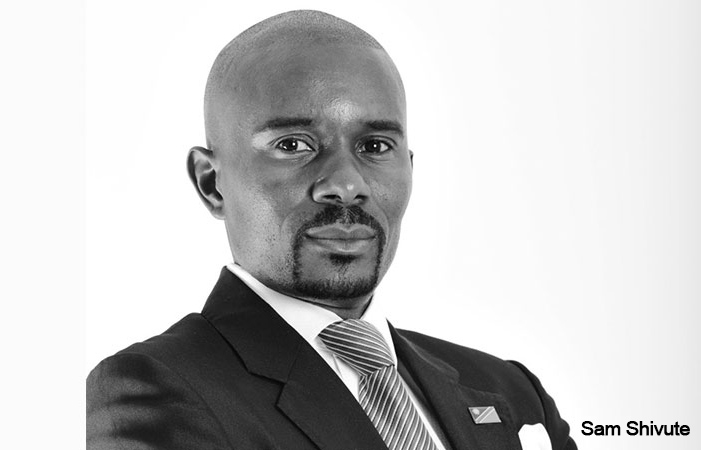Senior maintenance officer at the Windhoek Magistrate’s Court in Katutura Tetlow Liswani says DNA testing is provided for in the Maintenance Act where a maintenance dispute exists – not to determine paternity.
“Once a defendant says this is not my child, we cannot proceed with the enquiry because we need to establish the legal duty. There is a legal duty for a person to be responsible for a certain beneficiary or child,” he says.
Liswani says the involved parties are then referred by the court or could obtain a court order for DNA testing.
He says DNA testing without a maintenance dispute is, however, a problem.
“This is because the current legal framework of the law only allows for DNA testing once a maintenance case has been opened,” Liswani says.
He was speaking to Desert Radio yesterday.
This comes after minister of justice Yvonne Dausab earlier this year said mandatory DNA testing would only make sense in some instances.
When one partner indicates that they are unsure of paternity, that party normally carries the cost of a DNA test, she said.
“And I know there is a cost challenge around that. What we also know is that over the years when there is an indication that both parties are unable to pay for the paternity test, the Ministry of Justice carries the cost,” Dausab said.
Speaking on Desert Radio yesterday, Landless People’s Movement parliamentarian Utaara Mootu said her party is rallying behind the proposal that DNA testing for paternity reasons should be made mandatory.
This is implying that with the issuing of a child’s birth certificate, a DNA test to prove who the child’s father is should be performed.
In April, minister in the Presidency Christine //Hoëbes said: “I am proposing that we look into measures on how to make DNA testing more accessible, as well as measures on how to bring this father to the table when he refuses.”
Mootu yesterday said: “There are issues where some males have approached us saying they have difficulties in their relationships as the mother does not want them to have access to the child, saying it is not their child.”
She, however, brought up the cost implication that would come with the process and how it would affect the state.
Also on the Desert Radio panel yesterday was clinical psychologist Shaun Whittaker.
He said children should be able to have a sense of identity through knowing who their parents are, as discovering at a later stage that their parents are not their biological parents could have a serious psychological impact.
“So, from a psychological point of view I agree with you, but there are other complex issues involved. Do we really need to go the legal way and not the educational way? What about women’s bodily autonomy and their right to choose?”
//Hoëbes said in April that when a father denies paternity, a woman is left with no option but to visit the maintenance court to inform the court who the child’s father is and that he is denying paternity.
She said the Maintenance Court would then compel the man to pay maintenance, whether he is the father or not, because the mother said so.
“If the man still [insists] that he is not the father, some sort of DNA test would be done. It is only then that the true identity of the child would be revealed,” she said.
Stay informed with The Namibian – your source for credible journalism. Get in-depth reporting and opinions for
only N$85 a month. Invest in journalism, invest in democracy –
Subscribe Now!






